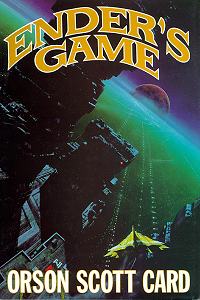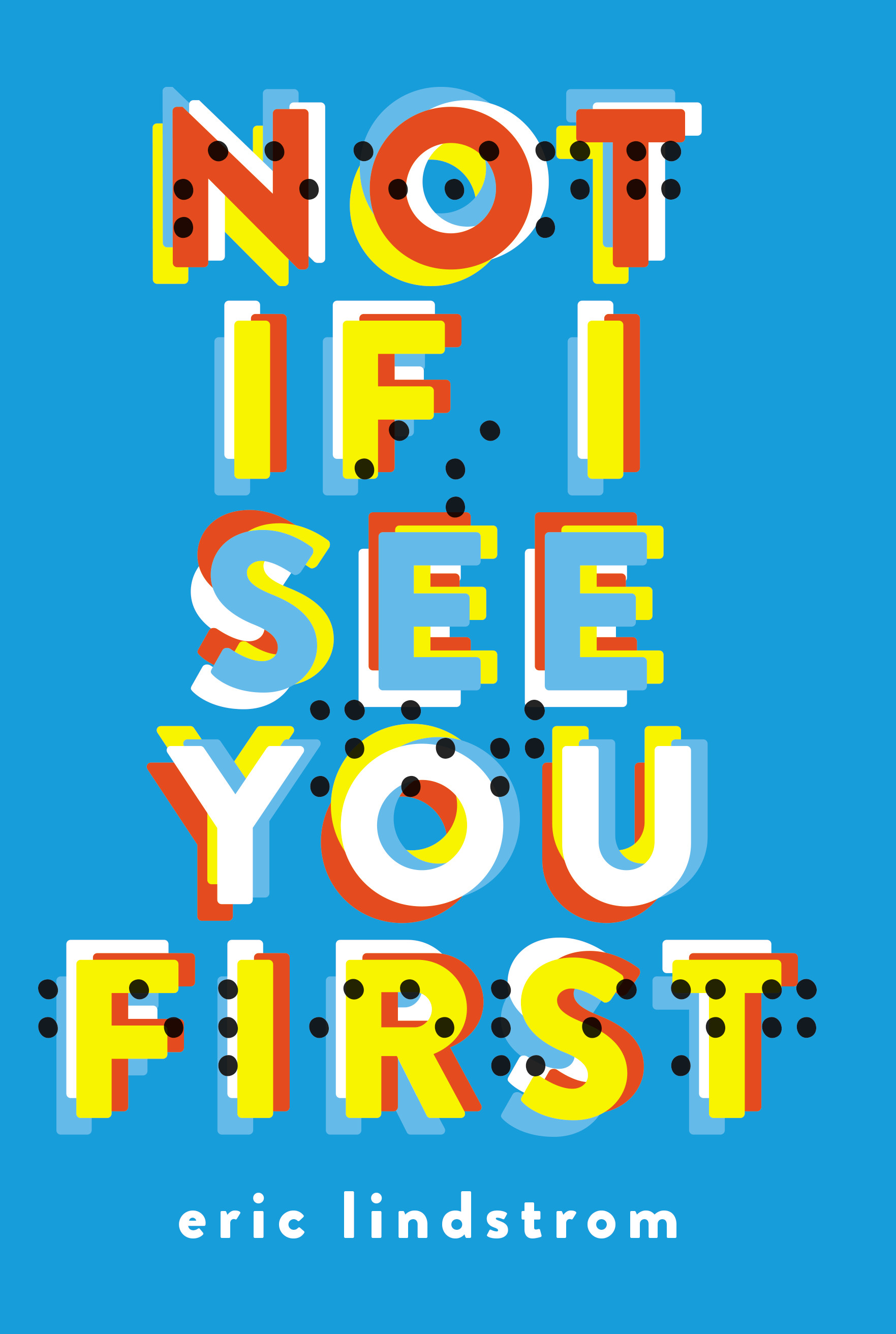[button color=”black” size=”big” link=”http://affiliates.abebooks.com/c/99844/77798/2029?u=http%3A%2F%2Fwww.abebooks.com%2Fservlet%2FSearchResults%3Fisbn%3D9780765342294″ target=”blank” ]Purchase here[/button]
Enders Game
by Orson Scott Card
The book that started not one but two celebrated series of science fiction novels started, in turn, as a story in Analog Magazine, which my father used to get when I was a kid, so it was always lying around. First published in 1977, it is eerily predictive of some developments such as e-mail and the internet…but mostly, it is a far-out fantasy that inhabits its own unique, somewhat futuristic world.
Andrew, or rather Ender, Wiggin is a third child in a society that strictly limits population growth, so that most families are only allowed two children. As if that doesnt make it hard enough to fit in, he is also a child genius (but then, so are his sadistic monster of a brother, Peter, and his loving but manipulative sister Valentine). But his isolation only increases when the International Fleet recruits him for an elite Battle School on an orbiting space station. Singled out for leadership, and with the gifts to go with it, Ender finds that he is also hated by many of the other students. Even while still a very little boy, he runs circles around his adolescent competitors in the zero-gravity war games, while the creepy computerized mind game messes around with his head.
Gentle, sweet, special boy that he is, Enders worst nightmare is to become a stone-cold killer like his brother. But he may have no choice. For Earth has been invaded twice by insectoid aliens, buggers, and mankind was barely able to fight them off before. Now a third war is brewing, and the kind of commander needed to control its super-complex and dangerous tactics has never yet been found. Time is running out… and Ender may be Earths last hope.
It is sometimes heartbreaking to see what the grown-ups put little Ender through to shape him into the military genius they need. It is also scary to see how, meanwhile back on Earth, Peter and Valentine have found a way for two kids with fake web names and a talent for writing to take over the world. Soon it becomes a question of which will come first: the war with the buggers, or the war between the nations of Earth. All the while, innocentyet dangerously efficientlittle Ender becomes a leader, a loner, a master strategist, an angry and tortured child, and the worlds only hope for survival. How will he hold up to his last and greatest test? And what will become of him afterward?
Finding out is as easy as picking up this moving, exciting book. The pages rather turn themselves, right up to the haunting end. As I mentioned before, this book is the first in a series of novels, and there is a companion novel called Enders Shadow which was also the start of a series. Expect to hear more from me on these books, unless you get to them first.


